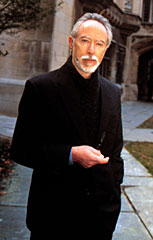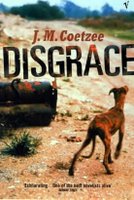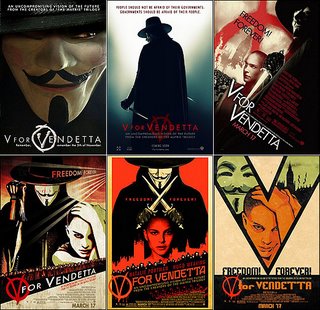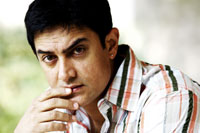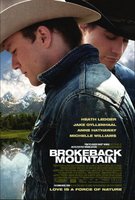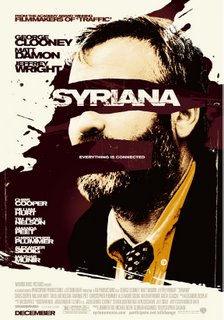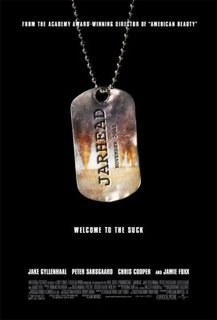
While Singaporeans/Malaysians keep sqabbling over Singlish/Minglish vs Queen's English, Hong Kong has been taking great strides in the literary arena.
The IHT reports: "...Hong Kong becomes home to a new international literary prize and to the relaunched Asia Literary Review. Major overseas publishers and agents, meanwhile, have been making regular visits or setting up operations in this area.
"The fear that Hong Kong would lose its English-language heritage after the 1997 handover from British to Chinese rule now seems misplaced...
"At the same time, greater China is playing an increasingly important role on the international literary scene. More Asians are learning English and buying more foreign books. Meanwhile, American and British publishers are becoming more interested in Asian writers, particularly young Chinese ones, whose works have the potential to sell well in the West.
Hong Kong is working hard to position itself in the middle of this potentially booming book trade. Last week Man Investments announced it would sponsor a new Hong Kong-based literary prize starting in the autumn of 2007 - its only literary prize aside from the two prestigious Booker awards. According to a news release, judges will read unpublished English-language works looking for "new Asian literature to be brought to the attention of English-reading audiences around the world."

Singapore is also trying its best to promote the reading/writing culture through lietarary festivals, etc. However, there seems to be shortage of talent, which is strange. Singapore's libraries are so well stocked and all kinds of books and writing opportunities are available. Sadly, for example, this year no writer could be found worthy of the annual NUS-FASS and TOPH Writing Fellowship.
The writing fellowship had made a brilliant start in its inaugural fellow, playwright Huzir Sulaiman, and the award-giving authorities feel that his accomplishments both accurately reflect the aims and spirit of this fellowship, as well as stand to benefit the literary scene in Singapore as a whole. This year, despite an encouraging number of submissions, the judges did not feel that there was an applicant who could fulfill the aims of the fellowship.

